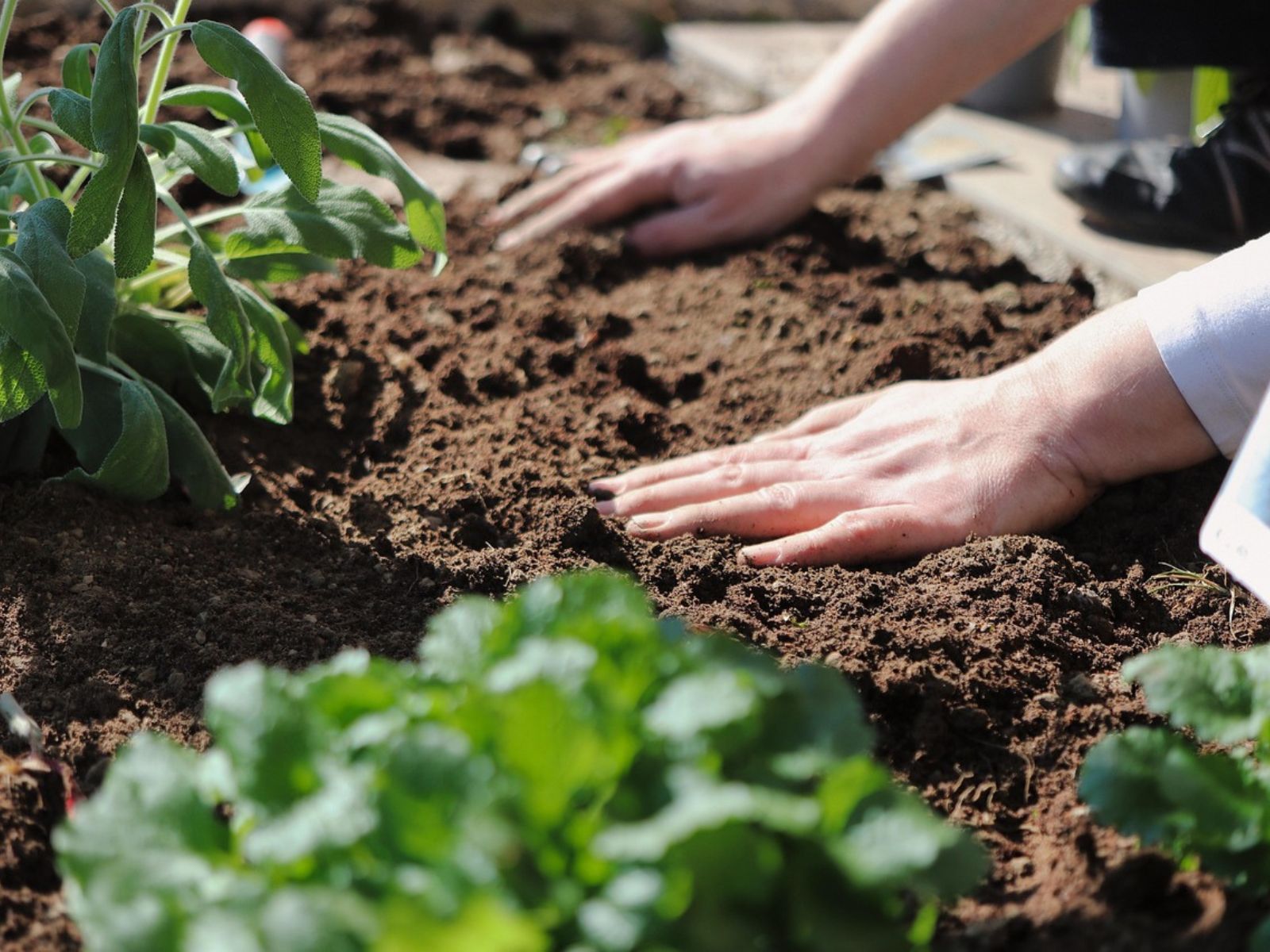As I have previously pointed out on this website, eggs are the best source of protein for building muscle due to the level of ‘usable protein’ that they contain. Eggs are so superior to other sources of protein that all other sources are measured against eggs.
Because of this, I eat some amount of eggs every day. Before I started my calorie-deficit diet, I was eating whole eggs, which generated a lot of shells (see the embedded video below from the Older Muscles YouTube channel). During the last few months that I have been on a calorie deficit, I have switched over to eating egg whites from a carton to lower my calorie intake.
I recently built a new garden bed for my front yard, and in addition to filling it with leaves, other organic yard debris material, and garden soil, I also added in the eggshells that I had accumulated during the fall and winter months. I posted a picture of the eggshells in my new garden bed on Reddit (r/gardening), and surprisingly, the post generated some strong opinions about using eggshells in garden soil.
The most ‘passionate’ comments were directed at the size of the eggshells in the picture. For the record, I broke up a considerable amount of the eggshells to the point that they were a powder consistency, but the powder didn’t come through in the image because of how granular it was. Some eggshells were broken into small pieces, some into medium pieces, and some into large pieces.
Redditors commented about how the larger eggshell pieces would take a long time to break down in the soil, and some even implied that it was completely pointless to use eggshells at all. I thought about commenting with some clarifications, not the least of which is that I put in the proportionate amount of effort in breaking up the eggshells to how much I cared about how broken up they were.
The comment thread was going downhill, so I left it alone. I suggest that people refrain from arguing with randos on the internet, as it is not good for your mental health. Instead, I spent my time and energy researching how long it takes for eggshells to break down in soil to satisfy my curiosity. Before I share what I found out, I will point out that the eggshells-in-the-garden strategy is two-pronged.
The first is to add to the nutrient levels of garden soil, and the other is to do something with eggshells that would otherwise just go in the garbage. It is a sustainable practice that, enriching the garden soil aside, helps reduce waste. To me, giving the eggshells a second life is the primary motivator for this strategy, and enriching the soil is secondary.
Any benefit to the soil, no matter how minor, is basically a bonus to me. There are many ways to add calcium to your garden soil, including products that are solely dedicated to that task. The base soil that I use is already stellar on the nutrient front, so adding shells is just a smidgen of an insurance policy in that regard.
My main goal in adding eggshells to my garden is to give the eggshells a home that is not my trashcan. Who knows, maybe a worm uses it as an underground house, or a squirrel finds it and uses it as a fancy hat for the summer…
With all of that being said, I came across a great article about a multi-year study that someone did focusing on eggshell decomposition. How quickly (or not) an eggshell breaks down in soil depends on how thick the eggshells are, how broken up they are, and the acidic level in the soil. There are other factors at play too, but those seem to be the main ones.
Eggshell powder can break down within a year, and larger shells can last a very long time in the soil before breaking down – as long as 100 years or more depending on the situation. So, if decomposing eggshells in your garden soil is so important to you that you feel the need to type in all caps on Reddit posts, I suggest that you take the extra time to grind up your eggshells into the finest powder possible before putting it in your soil.
Of course, if you are like me, and you only care so much, just do your best and live with the results knowing eggshells that would have otherwise ended up in a trash heap are instead living with the worms in your garden beds and, perhaps, providing some additional nutrient value to your soil 🙂
***
Disclaimer: The contents of this article and this website are not meant to substitute for the professional advice of a doctor, nutritionist, and/or certified personal trainer. This content is provided as an educational tool to help people on their fitness journeys. While we strive to research topics as much as possible and provide useful and accurate information to the best of our abilities, we also strongly recommend talking to your doctor, nutritionist, and/or certified personal trainer before starting any workout, therapeutic, or nutritional regimen, as each individual’s needs and situations vary depending on the person.

